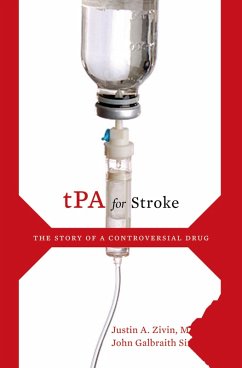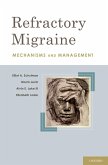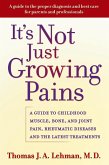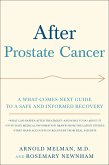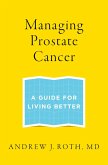Without warning stroke can paralyze, blind, or kill. Some victims recover, but many do not and may even suffer another disabling or fatal attack. The drug known as tPA can drastically reduce the long-term disability associated with stroke, but despite its near-miraculous capabilities and the growing support of most neurologists, it has been slow to win acceptance as the standard of care in emergency departments nationwide.
tPA for Stroke chronicles how this remarkable drug came to be tested in stroke victims, its early years in development by the pharmaceutical giant Genentech, and its eventual marginalization due to a convergence of unfavorable political, fiscal, and medical circumstances. For instance, initially many stroke specialists were unconvinced that the drug's benefits outweigh its risks (tPA was originally developed and is still used for cardiac patients). Moreover, neurologists called upon to assess stroke patients have not typically been trained to make decisions in emergency settings--and tPA must be given within a scant few hours after stroke. These and other factors have continued to delay the drug's universal acceptance as the most effective treatment available, and to hamper the general public's awareness that such a treatment exists--a troubling state of affairs that Zivin and Simmons argue must be rectified. Instilling the knowledge that anyone, at any time, is susceptible to stroke, from the old and infirm to the young and healthy,
tPA for Stroke is a clarion call to awareness in a rapidly changing healthcare environment in which stroke, long a disease in thrall to resignation and pessimism, must be neglected no longer.
Dieser Download kann aus rechtlichen Gründen nur mit Rechnungsadresse in A, B, BG, CY, CZ, D, DK, EW, E, FIN, F, GR, HR, H, IRL, I, LT, L, LR, M, NL, PL, P, R, S, SLO, SK ausgeliefert werden.

